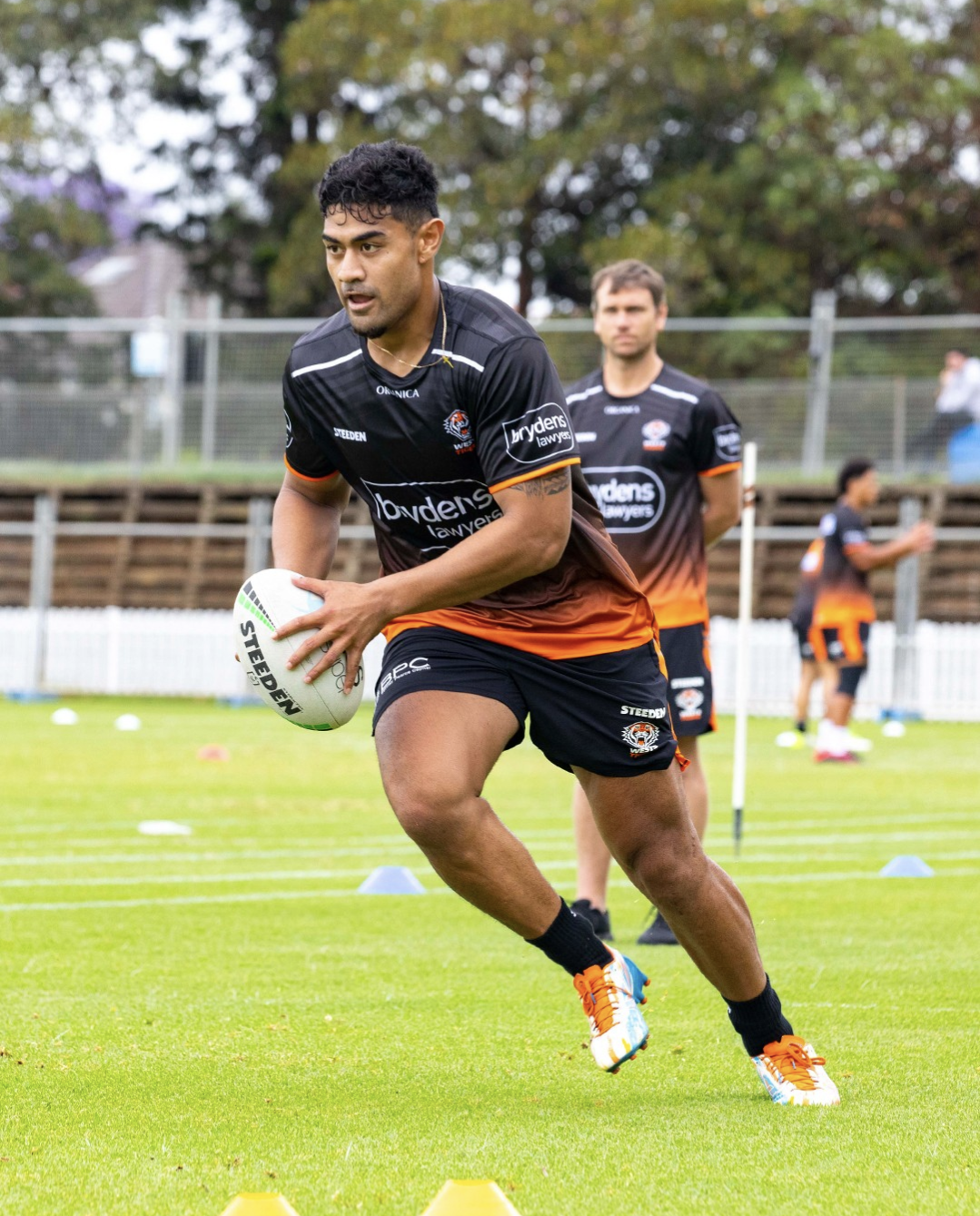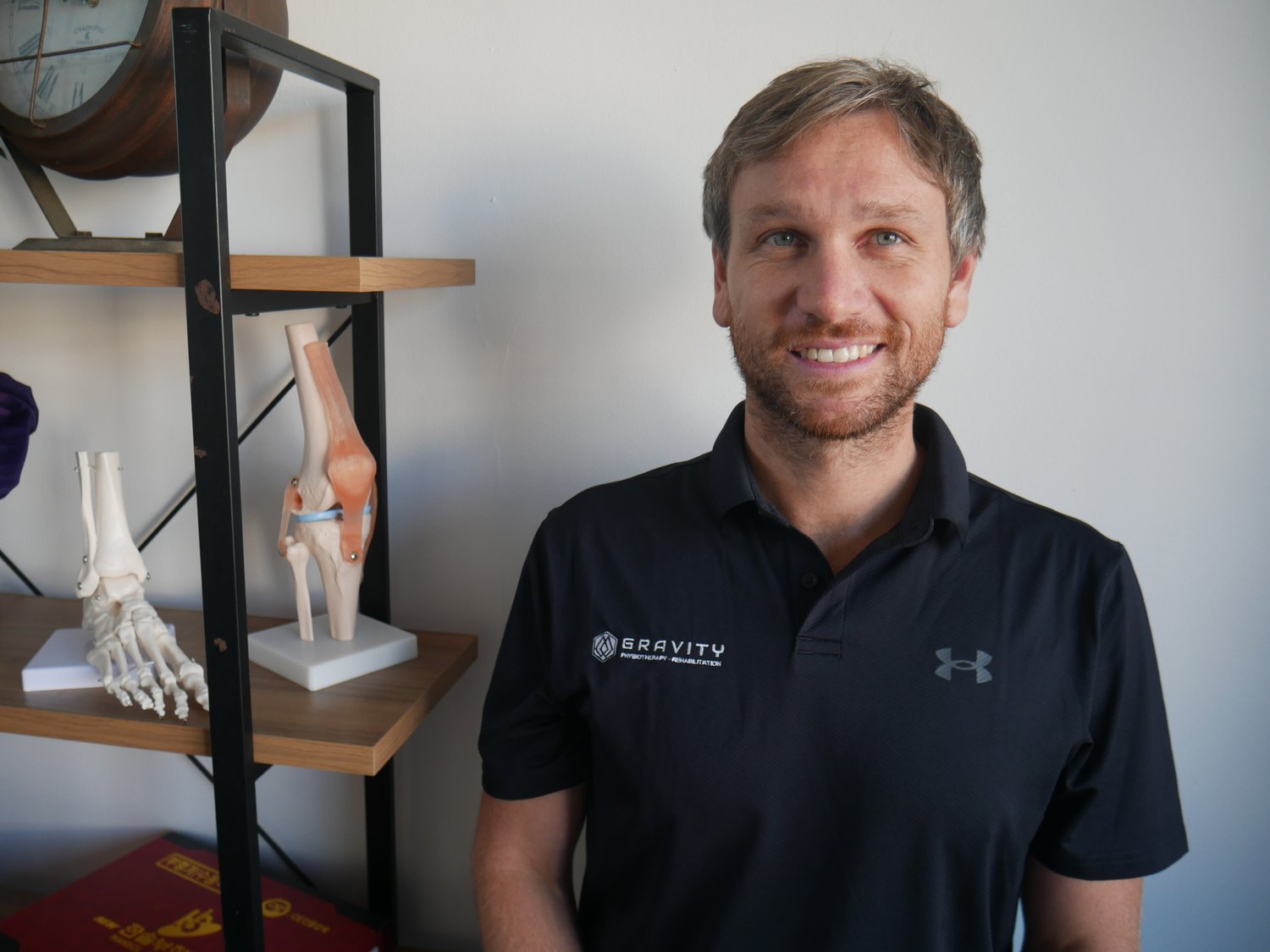ACL Rehab: Bridging the gap between rehabilitation and performance with sports physio
ACL Injury in Sport is fairly common, with some sports experiencing higher rates.
SPORTS PHYSIO FOR ACL REHAB
The anterior cruciate ligament (ACL) is the most important ligament in your knee joint, stabilising your knee when you run, jump, land, pivot or change direction on the sporting field! Unfortunately, it’s also one of the common ligaments injured among athletes, especially those involved in sports that require jumping, pivoting, and sudden stops or turns, like soccer, netball, AFL, rugby league or rugby union.
If you’ve recently suffered an ACL injury or just had ACL surgery, chances are you’re experiencing pain, swelling, instability, and reduced mobility. You may be worried about how long it will take to heal and whether you can ever return to your sport or exercise pain-free again. That’s where physiotherapy comes in.
Physio For Return To Sport After ACL
Sports physiotherapy is key to getting back in the gym and on the pitch, safely and effectively, as it provides the link between rehab, strength and conditioning, return to sport and performance. It involves a thorough assessment of your individual and sporting needs, injury mechanism and circumstance, surgery and graft type, your past history and your goals. This allows your sports physio to create an individualised, goal and performance oriented, long-term rehabilitation plan that will see you through from the start all the way to the end of your rehab. Continuous monitoring and adjustment to your program will ensure optimal outcomes, along with milestone tracking with strength and functional testing throughout your recovery. In the case of ACL rehab, physiotherapy and comprehensive rehabilitation is king, and you will only get out what you put in.
Some of the key areas a sports physiotherapist can help you throughout your rehab include:
1. Pain Management: ACL injuries almost always cause pain, which can be mild, moderate, or severe depending on the severity of the injury, other concomitant injury (such as meniscus or bone bruising/fracture) and individual factors. Physiotherapists can use various modalities such as ice, massage, compression and electrical stimulation to reduce pain and inflammation, as well as manual therapy techniques like massage, mobilisation, dry needling and stretching to alleviate muscle tension and restore range of motion.
2. Muscle Activation, Strength, Hypertrophy and Power: After an ACL injury, your quadriceps muscle tends to weaken and atrophy (shrink), which can be a challenge to overcome. Your physiotherapist can design a progressive resistance training program that targets your muscles’ strength, endurance, and coordination, to start to rebuild muscle and regain strength. Initially this may seem basic, but we gotta get the quads going before we add load. The Compex electrical muscle stim device can be helpful here. This eventually leads to hypertrophy training in the later stages of your rehab and once swelling is under control with good quads tone and function. Eventually strength and power training becomes the standard. Progression through and completion of a comprehensive strength and conditioning rehab program will improve your knee’s stability and strength, while greatly reducing the risk of re-injury.
Field based rehab is a must for those wanting to return to change of direction sport.
3. Balance, Proprioception and Athletic Movement Patterns: ACL injuries can impair your balance and proprioception, which is your ability to sense your joints’ position and movements. These deficits can affect your functional abilities and increase your risk re-injury if not addressed in your rehab. However, with specific athletic movement pattern retraining and sports-specific movement incorporation into your program, your physiotherapist can help retrain your brain, muscles and movement patterns to regain your athletic ability and agility.
Sports specific training and rehab is pivotal to a successful return to sport following ACL reconstruction.
4. Sports-Specific Training: If you’re an athlete, you going to need to return to your sport, and you want to do it as fast and as safely as possible. However, before you do so, you need to ensure that your knee is strong, stable, and able to handle the demands of your sport. Your Sports Physio can design a sports-specific field-based program that simulates the movements and stresses of your sport and prepares you for a safe and successful return.
ACL rehab is a complex process that requires a comprehensive approach. Sports Physiotherapists plays a critical role in bridging the gap between basic rehab and recovery from surgery all the way through to high performance and return to sport. If you're looking for ACL rehab in Sydney’s Northern Beaches then get in touch with us at Gravity Physio today and schedule an appointment with our Sports physio, Josh Weight, an NRL physiotherapist with real world experience in returning athletes of all levels to the sporting pitch. We can help you overcome your injury and achieve your goals, returning stronger than when you arrived.





